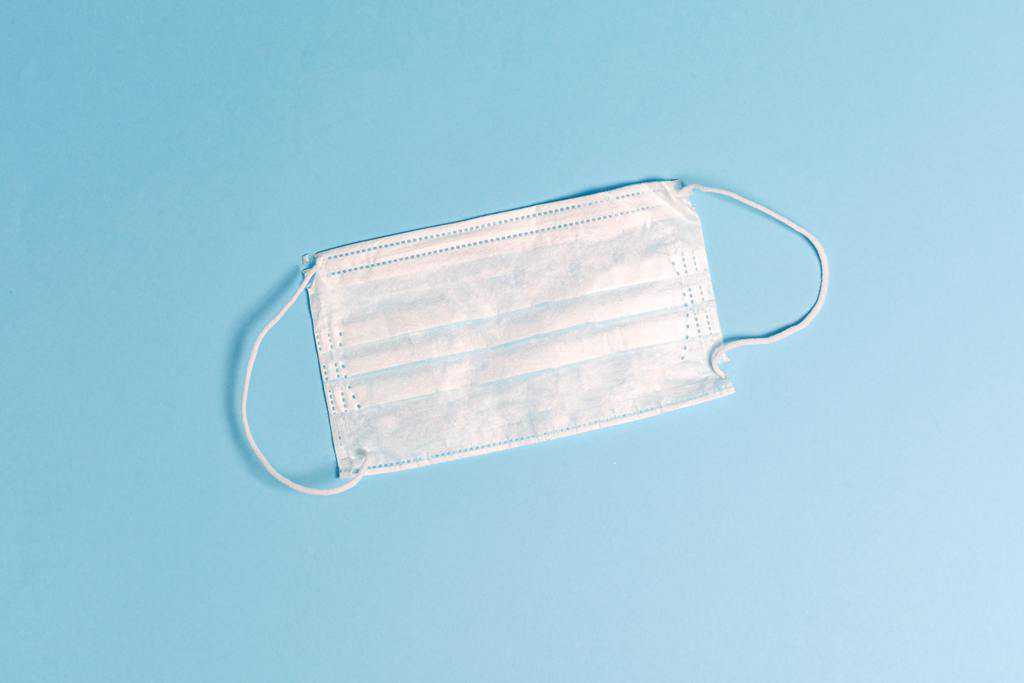As a travel nurse, you’re at the frontlines of defense against the Coronavirus (COVID-19). As confusion, anxiety, and fear continue to escalate, the outbreak shows no slowing signs with more than 101,900 confirmed cases, 3,486 deaths, and 94 countries with cases, as of March 7th. Let’s explore the various ways you can stay safe as a travel nurse.
Keep Up with the Updates
While you don’t have to read every five-minute alert about the Coronavirus, knowing the basics is paramount. What we know about the COVID-19 virus right now is that it spreads person-to-person via respiratory droplets produced by coughs or sneezes. There’s some belief that if a person touches a surface infected with COVID-19 and then touches their nose, mouth, or eyes, the virus can also enter the system.
The incubation period is anywhere between 2-14 days, with symptoms such as fever, cough, and shortness of breath. Symptoms are very similar to the common flu or a cold.
How to Stay Safe as a Travel Nurse
Although there’s no way to prevent the infection, taking careful measurements is your best defense against the Coronavirus. The CDC recommends that all healthcare professionals working throughout the COVID-19 outbreak to practice Standard Precautions, Contact Precautions, and Airborne Precautions.
- Hand Hygiene: using alcohol-based wipes and washing your hands. Remember to do this before and after touching a patient, even if you use gloves, after contact with fluids or blood, after aseptic tasks, and after glover removal.
- Wear Personal Protective Equipment: always wear gloves, gowns, goggles, and face shields, as well as N95-or higher respirators.
- Use Disposable Patient-Care Equipment: if there’s multiple-patient equipment that can’t be disposed of, then clean and disinfect the equipment before re-using.
- Limit transport of patient: make sure patients are in a room that requires minimal interaction outside of the room, even for medical purposes.
- Follow Etiquette Procedures: adhere to respiratory hygiene and cough etiquette, hand hygiene, and triage procedures throughout the visit.
Other tips to keep in mind:
- Wash your hands with soap and water for at least 20 seconds.
- Avoid touching your eyes, nose, and mouth.
- Cover your cough or sneeze with a tissue, then throw the tissue away.
- Avoid touching any public surfaces, bathroom handles, doors, etc.
Myths and Facts about the Coronavirus
With so much information out there, it can be challenging to differentiate what’s real from what’s not. Make sure you’re always fact-checking updates with organizations such as the World Health Organization (WHO) and the Center for Disease Control (CDC), who continue to share valid information every hour.
COVID-19 Is Deadly – Myth
Fact: Not to degrade the toll of the losses to Coronavirus, but so far, the fatality rate for this disease is still under four percent. Almost 80% of the cases report mild symptoms, with some people reporting no symptoms at all. At the moment, those who are at higher risk are people over the age of 60, smokers, and those with underlying medical conditions. Not to mention, fatalities are linked t further complications exacerbated by the virus, not the COVID-19 infection itself.
The Virus Only Affects Old People – Myth
Fact: While older populations are at higher risk, the Coronavirus can affect people of all ages, races, and backgrounds. What’s true, though, is that older people are more susceptible to complications and, as with any other virus, have a harder time fighting the illness.
Alcohol Wipes Kill the Virus – Myth
Fact: While it’s partially true that using rubbing-alcohol wipes can help disinfect your hands, it won’t prevent the virus from entering your system. Make sure you’re using a hand sanitizer with over 60% alcohol to kill microbes. Using hand sanitizing wipes will also help you get the bacteria off your hands and surfaces.
More Resources for Healthcare Professionals
As a travel nurse, odds are you’re taking the necessary steps to stay safe already. Beware that if you’re in the process of starting a new assignment, or if you’re being transferred to a new hospital to support the Coronavirus efforts, you’re likely to get tested before you can start your new position.
In the meantime, take the news with a grain of salt. Stay updated with your hospital’s prevention and containment plans. For more, here are some resources by the CDC:
- Healthcare Professional Preparedness Checklist For Transport and Arrival of Patients Potentially Infected with COVID-19
- Interim Guidelines for Collecting, Handling, and Testing Clinical Specimens from Patients Under Investigation (PUIs) for COVID-19
- Sequence for Putting on Personal Protective Equipment (PPE)
- Important Steps for Using NIOSH-Approved N95 Filtering Facepiece Respirators
- Healthcare Professionals: Frequently Asked Questions and Answers
As always, if you have questions about how to manage your travel nursing assignments during the Coronavirus outbreak, feel free to contact our representatives for guidance.




